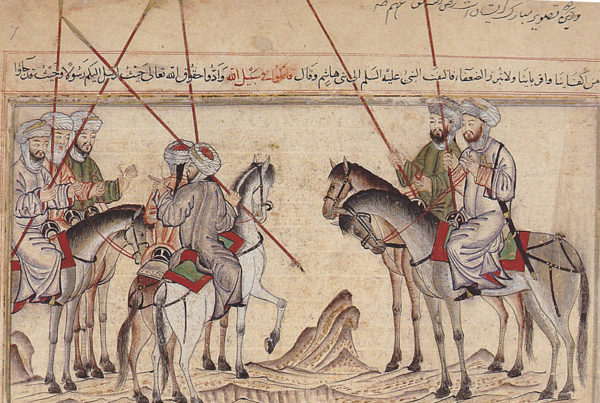 By. Dr. J. Paul de B. Taillon
By. Dr. J. Paul de B. Taillon
For the uninitiated, Dominic Tierney puts forth some hard realities in his highly readable, but disturbing book The Right Way To Lose A War: America In An Age Of Unwinnable Conflicts. Tierney courageously and persuasively argues that since World War II, the United States (U.S.) has achieved victory only in the 1991 Gulf War. The U. S. lost the conflicts in Vietnam and Iraq, while the Korean and Afghanistan conflicts were fought to a costly stalemate. He argues that America must face the realities without the usual arrogant braggadocio and wishful reflection, as the Golden Age of interstate conflicts has been eclipsed by civil wars and insurgencies. These complex conflicts have always been popular in the American military that has been equipped, trained and imbued in conventional military operations. Tierney points out that future conflicts will unlikely conclude with a victory parade down Manhattan as witnessed in the wake of the successful Gulf War. Rather, today’s military and political realities will likely see a tolerable draw in future conflicts, or in some cases, see the U. S. negotiating through various means, seeking a right way to extricate itself, i.e. to lose gracefully.
Tierney’s analysis will be difficult for those involved in the bureaucracy, and for both military and political leadership as war in the future will be messy and, in many cases, unwinnable. Generals MacArthur and Patton would likely roll in their graves. For them, victory was everything. However, Tierney argues quite persuasively that in today’s political/military reality, implementation of a “surge, talk, and leave” strategy may have substantial merit. He fully understands that the withdrawal of U. S. forces could have a direct impact undermining American credibility, both in the theatre of operations and throughout the globe. The author astutely puts a caveat on his strategy, noting that departing could also incorporate a sizable “stay behind force” as part of an integral political and military partnership agreement, which could include the training, education and assistance to the indigenous military forces they are assigned to help.
Although difficult to accept due to the hard realities, Tierney’s arguments acknowledge that the U. S. has been successful in supporting a number of quiet wars that were conducted with their assistance in the Philippines, El Salvador and the long campaign in Colombia. On the other hand, he contends that the wars in Vietnam and Iraq are to be viewed as losses that were not unwinnable options. He acknowledges that the sacrifice, lives, cost and loss of will to achieve a positive strategic end state, as well as a series of military and political mistakes, combined with a ruthless and determined enemy played into the hands of the enemy leadership on both counts. However, Tierney rightly points out that the U. S. could achieve its strategic objectives by continuing to reside in contentious locations. Maintaining U. S. ground forces in South Korea has guaranteed peace and security since 1953.
As we see today there is a sense of American isolationism that is disconcerting for many in the West. This lack of leadership and engagement is perceived as truly problematic in a chaotic world. Tierney argues that the U. S. must not sit out those difficult and messy conflicts just because they are viewed as domestically, politically or militarily problematic. Rather, the U. S. must be able to undertake operations to counter future insurgencies that challenge American interests.
The value of this intriguing study is that Tierney offers a solid, well-supported argument. Furthermore, he offers a strategy to minimize the costs of the conflict in terms of blood and gold by fully assessing the risk-benefit to the U. S. of pursuing or engaging in a clash of arms. Tierney offers a number of long-term strategies that may prevent a never-ending war that will both drain the will of the nation, and expend precious blood and treasure. Tierney has produced a valuable and pertinent read, particularly for those interested in possible strategies and outcomes for future conflict.








